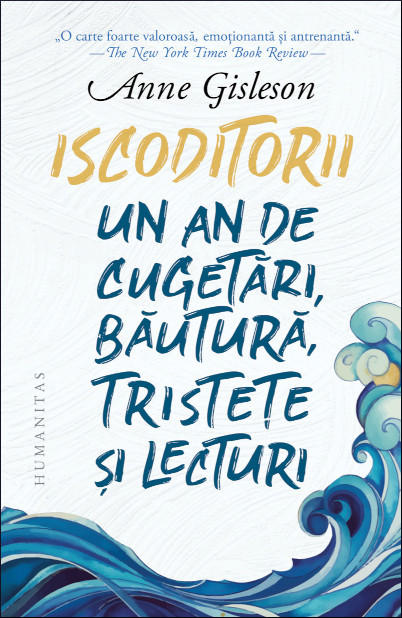What do you think?
Rate this book


282 pages, Paperback
First published August 22, 2017
“Generations of parents have put their children to bed in this house and even if I haven’t quite figured out the why and the how of living, others have found reasons to keep moving things forward. In quiet moments I can feel the collective push of these ghost-hands on my back, nudging me on.”
“As you get older all the bodies of your stillborn selves may pile up around you but every decision is also its own act of creation. That’s one of the miracles of the self—that we keep creating ourselves amid the personal carnage.”
“this is something many of us do intuitively, giving our woes more texture and universality through art.”
Josiah Royce, from “Doubting and Working”: “Doubt not because doubting is a good end, but because it is a good beginning. Doubt not for amusement, but as a matter of duty. Doubt not superficially, but with thoroughness. Doubt not flippantly, but with the deepest—it may be with the saddest—earnestness. Doubt as you would undergo a surgical operation, because it is necessary to thought-health.”
”Though I'm starting to think that the dark wood isn't really so bad. Sometimes you run into people you know, sometimes sympathetic strangers. There can be camaraderie there, like, Hey, we're here together in the dark wood, can I pour you some more of this bourbon, can you recommend a good book? Was the letter from Death Row another low branch across the path or was it the murky green light that filters in between branches? And what about your kids? They're happy enough, they're fine, you can hear them in the sunny clearing nearby and you can always go join them. Sometimes you think it would be nice if we could widen these paths, make it easier for our kids when it's their turn in the dark wood. But I think the best thing we can do is make sure they're equipped. They can bring their own machetes, their own bourbon.”
the erotic act involves the attempt to destroy one’s personal, day-to-day identity (the state of discontinuous existence in which we all live) in order to become closer to death (which is where we reenter continuity). Disrobing is a key part of this. It helps destroy individuality, because our clothes are part of the symbolic order by which we define ourselves. (92)—as applied to the station of the cross wherein Christ is stripped of garments. God is dead, but only after some hard fucking (Kazantzakis and Saramago are correct after all—though that’s not exactly controversial: as Herbert Marcuse maybe said, ‘Hey everybody, we’re all gonna get laid’).
“our failure of the one test god put before us (as Walker Percy put it), that of not enslaving other humans, was converted to the grand collective lie of charmed southern living we white children of a certain demographic grew up with, one that is impervious to the most liberal households, obscuring the monstrous reality of how and with whose blood our society was actually built and maintained. (123)--to the staggeringly honest introspective moment that--
We helped them; their deaths changed us. I harbor a terrible guilty suspicion that the deaths of my sisters, their disappearance from the family structure, their removing themselves from it, made the rest of us who we are turning out to be, and maybe allowed us to do things we might not otherwise have ventured. (163)This is no self-centered camusian excogitation, but rather a responsible and committed confession regarding the effects of a horrifying set of transformative traumas, the core of the project aforesaid.